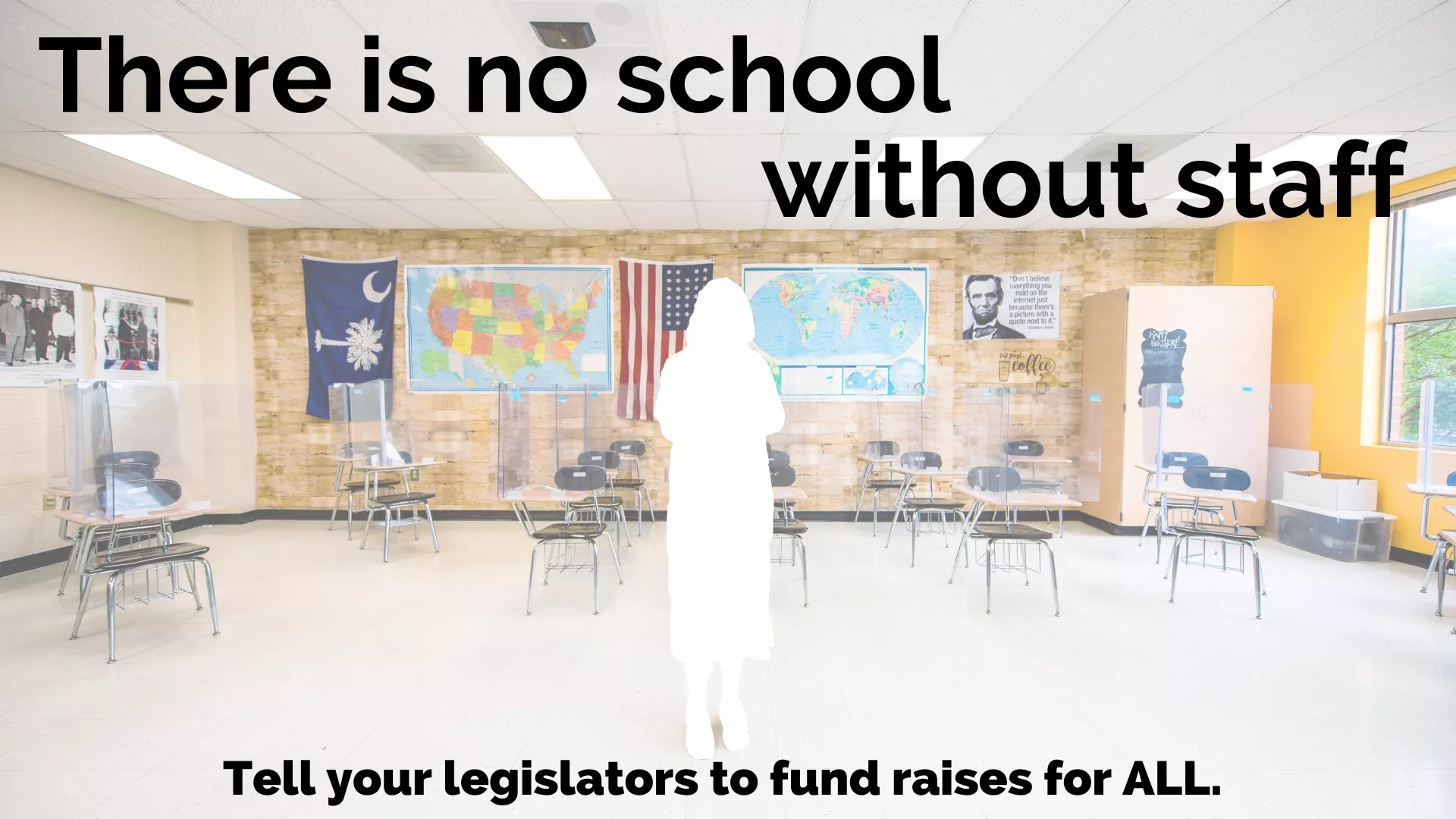
Key Takeaways
- Support remains strong for public schools and educators.
- Still, most parents would rather not have their kids become teachers due to low pay and support.
- Respondents were also in favor of more security at school and increases in mental health screenings.
As students excitedly return to school this year, new data shows that people in their community – especially their parents — more than ever trust and value public schools and teachers, but recognize that educators don’t get nearly enough support. The annual survey by PDK showed that 72 percent of public school parents express trust and confidence in teachers in their community, and that most of the public have a favorable opinion of teachers and schools.
However, only 37 percent said they would want a child of theirs to become a teacher, a percentage that has been as high as 75 percent and has averaged 60 percent over the 13 years PDK has asked the question in its five-decade-old survey.
“When you connect these numbers, a single message is abundantly clear,” said NEA President Becky Pringle. “Parents understand the value of teachers and others working in our schools but they also know educators just don’t get the support and respect they deserve.”
The data shows that among the 62 percent who would not want their child to teach, more than eight-in-10 said they worried about poor pay and benefits (29 percent), the difficulties, demands, and stress of the job (26 percent) or a lack of respect or being valued (23 percent).
“Those always have been persistent problems, but for a variety of reasons they are more evident to the public now. These numbers simply support our view that the public understands the critical role teachers have and values them, but now is beginning to see the challenges they face.”
Albert C. Chen, acting CEO for PDK, believes parents in the survey have an even more favorable view of teachers than the general public because they become familiar with them and their efforts and view them as “precious and important”.
“Local ratings of schools are at nearly a five-decade high, and a majority have trust and confidence in teachers, yet there’s wide recognition that the challenges they face make their jobs very difficult,” he said, noting that the upheaval of the pandemic made the problems even more stark.
He said he is optimistic, however, because groups like NEA are getting the public to focus on the challenges in education and could “galvanize us to make the changes and focus on kids to provide the support they deserve”.
Some 54 percent of all adults surveyed give an “A” or “B” grade to the public schools in their community, the highest percentage numerically in PDK polls since 1974, and up 10 points since 2019. The previous high was 53 percent in 2013; the long-term average, 44 percent.
Other data in the survey was of interest to educators. As Americans’ approval of labor unions has reached its highest point since 1965 according to a Gallup poll, the PDK similarly found that only about one percent of the PDK survey respondents had any concerns about teachers organizing in unions to improve circumstances in their classrooms and schools. Meanwhile, about eight-in-10 wanted to improve school security and favored more rigorous mental health screenings. This all comes as new data also shows that despite the much-admired work of educators during the pandemic, math and reading scores declined dramatically from 2020 to 2022, and more so among students with fewer resources.
Pringle said it shows that when teachers can’t do their job effectively, students really struggle, further proving the value of public education and need for more support.
Martin West, a professor at Harvard’s Graduate School of Education and member of the board that oversees the national test said in a statement that the growing gap between students at the top and those at the bottom is an important but overlooked trend,” said “These results show that this gap widened further during the pandemic.”
He said supporting the academic recovery of lower-performing students, an NEA mission, should be “a top priority for educators and policymakers nationwide.”
Pringle said release of this and other data is timely and important.
“It is only fitting that this message comes as our communities are in the midst of this wonderful ritual where students return to the schools and the teaching staffs that they and their families trust, admire and value,” Pringle said. “We can only hope this data about their concern for the profession combined with numbers showing the decline in young people entering the profession – and a rise in the number of skilled educators and other support professionals leaving it – leads to action.”
Federal data shows that roughly 300,000 public school educators and staff left the field since the start of the pandemic and an alarming 55 percent of educators indicated that they could be leaving their profession or retire early, according to a survey from the National Education Association.
Pringle noted that chronic problems behind those numbers include a lack of resources, professional respect, classroom funding and pay for teachers. She also points out that educators can serve their students better with more planning time, support and opportunities for professional development and a better work/life balance.
She noted that these same educators that communities value so much can perform even better “when they are empowered to inspire their students’ love of learning, and when they are supported in their essential work to educate all our students”.
“Every student deserves caring, qualified, committed educators and we need to ensure they have the backing and resources needed to succeed in supporting students. Teaching is so much more than a job, it’s a calling. It’s a rare opportunity to make a difference in a young person’s life and to make a difference in the direction of our country. There’s nothing quite like it.”





